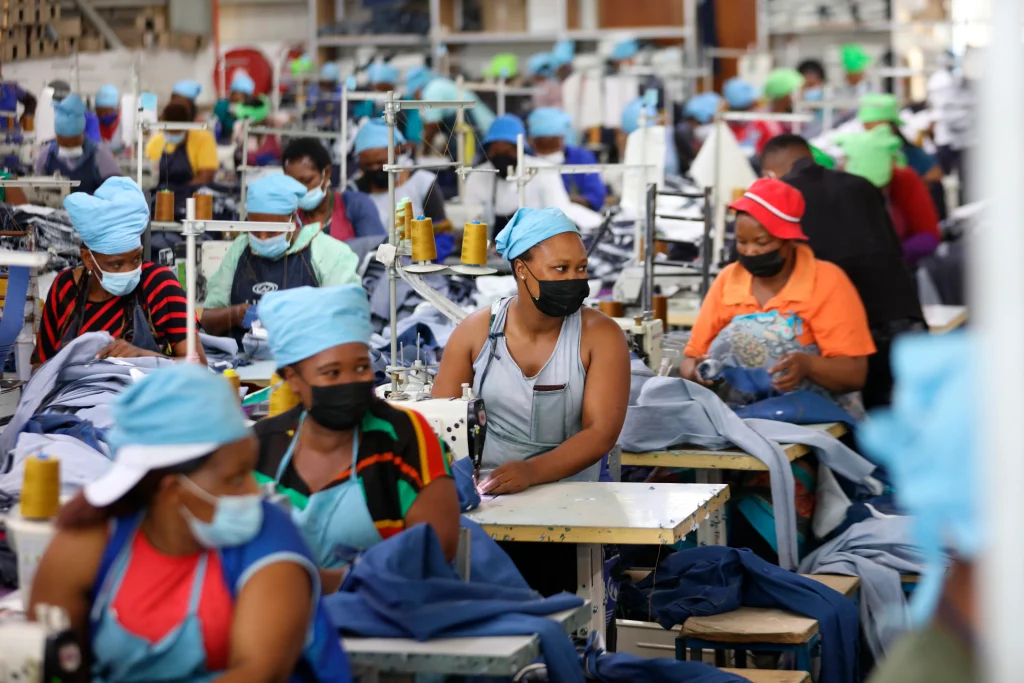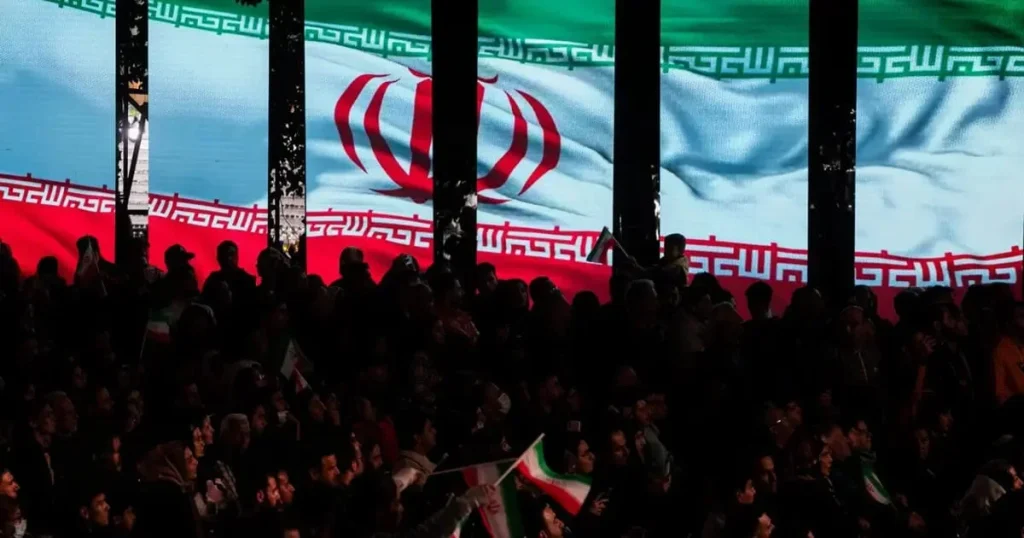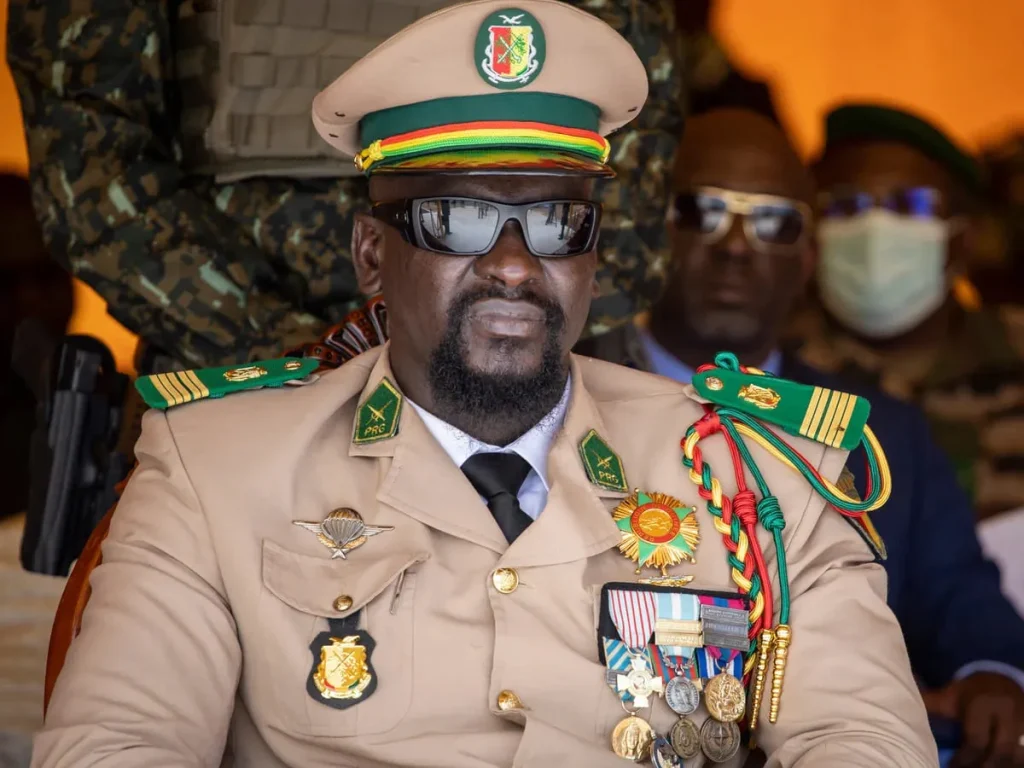The future of the African Growth and Opportunity Act (AGOA), the United States’ flagship trade initiative with Sub-Saharan Africa, is facing serious uncertainty following a sweeping new tariff policy introduced by former President Donald Trump. The plan proposes broad tariffs on most imported goods entering the U.S., including products from African countries that currently enjoy preferential access under AGOA.
Analysts suggest this protectionist shift significantly reduces the likelihood of AGOA’s renewal, raising alarms across African capitals and among U.S. trade partners. The development comes as AGOA approaches its scheduled expiration in September 2025, with African nations actively lobbying for a 10-year extension to sustain trade and industrial growth.
What Is AGOA?
The African Growth and Opportunity Act was first enacted in 2000 under then-President Bill Clinton as a strategic measure to promote economic development in Sub-Saharan Africa by expanding trade ties with the United States. The program grants duty-free access to the U.S. market for thousands of products across diverse sectors, including automotive parts, textiles, minerals, agricultural produce, chemicals, and more.
AGOA is designed not just as a trade tool, but as a development initiative, aimed at encouraging export diversification, job creation, and industrialization in eligible African countries. Since its inception, the agreement has been renewed twice—first under President George W. Bush and later under President Barack Obama—and has long enjoyed bipartisan support in Congress.
Who Benefits?
As of now, approximately 35 Sub-Saharan African nations qualify for AGOA benefits, though eligibility is conditional. Countries must adhere to criteria involving market-based economic reforms, rule of law, and human rights protections. Governments found to be violating these principles can lose eligibility, though it can be restored if conditions improve.
Key beneficiaries of AGOA include South Africa, Kenya, Nigeria, Ethiopia, Ghana, Lesotho, and Madagascar—nations that have leveraged the agreement to grow exports, develop domestic industries, and attract foreign investment. For instance, textiles and apparel sectors in countries like Lesotho and Ethiopia have seen major gains, while oil exports from Nigeria and minerals from South Africa have formed a significant portion of AGOA trade.
The U.S., in return, gains strategic advantages—not only economic, such as access to critical minerals and investment opportunities, but also geopolitical, using AGOA as a soft power tool to counterbalance the growing influence of China on the African continent.
A Program Underused and at Risk
Despite its potential, AGOA has not fully delivered on its promise. Critics argue that the agreement has been underutilized, with only about half of eligible countries developing national AGOA utilization strategies. The majority of AGOA exports still come from a small group of countries, and sectors like technology, services, and digital trade remain largely untouched by the accord.
The program’s peak performance came in 2008, when U.S. imports from AGOA countries hit $82 billion. By contrast, that figure dropped to $29.1 billion in 2024, according to AGOA’s own data. Analysts blame this decline on global economic trends, uneven uptake of AGOA provisions, and more recently, growing uncertainty about the program’s longevity.
Many economists and trade experts have called for AGOA to be modernized, expanding its scope to include emerging sectors such as digital services, green energy, and fintech, which are becoming central to Africa’s economic transformation.
Trump’s Tariffs Signal a Major Shift
The Trump administration’s latest move—imposing wide-ranging tariffs on imports—could prove to be a decisive blow to AGOA. While full details of the tariff structure are still emerging, the policy signals a retreat from free trade and a revival of the “America First” doctrine, which emphasizes domestic manufacturing and reduced reliance on foreign goods.
This approach poses a direct challenge to AGOA’s foundation. Analysts warn that African nations may lose their tariff-free access to the U.S. market, which would severely weaken trade flows and destabilize key industries. The new tariffs are also likely to undermine the political will required for AGOA’s renewal, which hinges on Congressional approval and Presidential assent.
Though AGOA is not officially terminated, the increased risk of early termination is palpable. Analysts believe that unless African governments present strong diplomatic and economic bargaining power, the program could be scrapped before its formal expiration in 2025.
Uncertainty Among African Governments
Several African countries have expressed concerns and are seeking clarity on the implications of the new U.S. tariff policy. Government officials in South Africa and Madagascar, both of whom benefit substantially from AGOA, stated they are awaiting confirmation on whether the newly announced tariffs will apply to goods currently exported duty-free under AGOA provisions.
The situation has prompted growing anxiety in capitals across the continent. Without AGOA, several export-driven sectors—especially textiles, automobiles, and light manufacturing—could suffer significant job losses and production cuts. For nations trying to shift away from raw material dependence and toward value-added industries, this uncertainty is especially damaging.
Looking Ahead: Can AGOA Be Saved?
AGOA’s renewal remains technically possible. It would require a vote in both chambers of the U.S. Congress followed by Presidential approval. Traditionally, the deal has enjoyed strong bipartisan backing due to its relatively low cost and strategic benefits. However, the current political climate—both in the U.S. and globally—makes its extension increasingly unlikely.
For African leaders and diplomats, the challenge now is twofold: first, to engage U.S. lawmakers and highlight the mutual benefits of AGOA, and second, to explore alternative trade partnerships, both within Africa and beyond. Some have called for African nations to double down on regional integration efforts through frameworks like the African Continental Free Trade Area (AfCFTA), which could help cushion the blow if AGOA collapses.
Final Thoughts: A Crossroads for U.S.–Africa Trade Relations
The Trump administration’s tariff strategy may mark a pivotal shift in the U.S.–Africa trade relationship. While AGOA was once a symbol of deepening economic ties and mutual growth, it now stands at the edge of dissolution.
If the deal is allowed to expire—or worse, be abruptly ended—it would represent a strategic retreat for the U.S. at a time when other global powers, particularly China, are intensifying their presence across the African continent. For African countries, the need to diversify trade partners, modernize export sectors, and reduce dependence on any single agreement has never been more urgent.
Whether AGOA survives or not, this moment serves as a critical wake-up call for both sides: trade relationships must evolve to meet the challenges of today’s interconnected and rapidly changing global economy.























